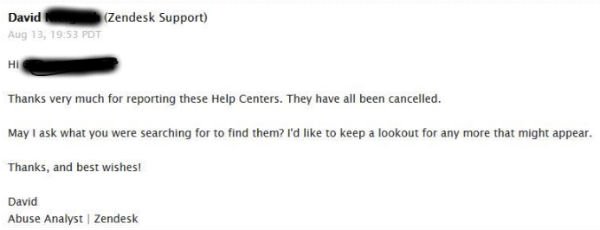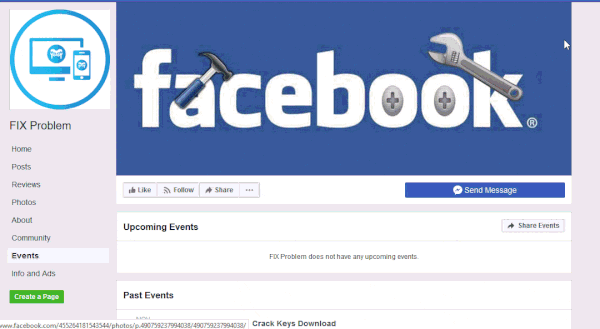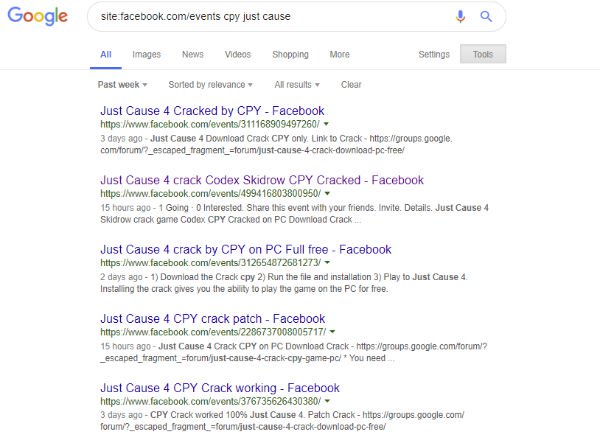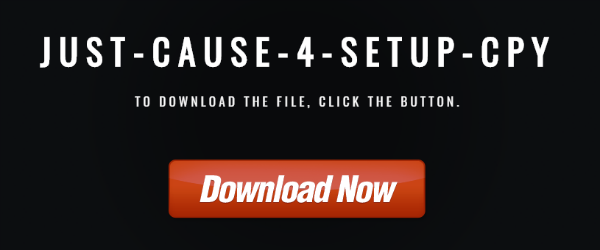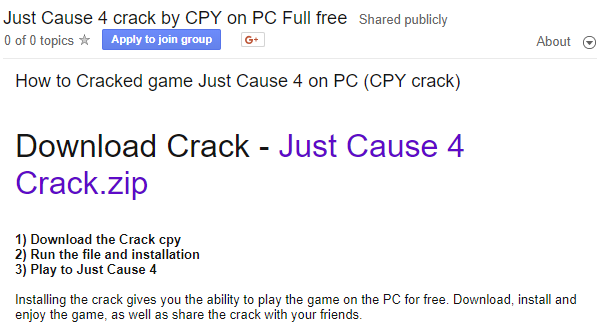
The final text of Article 13 is yet to be finalized so the EU Parliament will need to vote again, once that’s completed. However, as Article 13 mutates to address the concerns of opponents, rightsholders have been expressing concern that the changes will actually strengthen the position of major online content sharing service providers (OCSSPs) such as YouTube.
Last week, major rightsholders including the MPA and the Premier League warned that as it stands, Article 13 will create a new safe harbor for services that take measures to prevent infringement. Now, even more dissenting voices are making their opinions known.
In an open letter to the European Commission, Parliament and Council, more rightsholders and content groups including IFPI – a previously staunch supporter of Article 13 – say the proposals are going in the wrong direction.
“We have reviewed the European Commission text/non-papers on article 13 and we have serious concerns about the direction of travel,” the groups write.
“As we reach the very final stages of this process, and negotiators seek to finalize a compromise text, we urge you to remember that the overall aim of the original European Commission proposal was to correct the distortion of the digital market place caused by User Upload Content (UUC) services, which enable users to upload content onto their sites and then profit from the availability of creative content without returning fair revenues to rightsholders, who create and invest in such content.”
The groups say that the solution to the so-called ‘Value Gap’ lies in holding OCSSPs liable for communication to the public when copyrighted works are made available from their platforms while excluding them from the safe harbors available in Article 14 of the E-Commerce Directive.
“We continue to believe that only a solution that stays within these principles meaningfully addresses the Value Gap/Transfer of Value. Moreover, licensing needs to be encouraged where the rightsholders are willing to do so but at the same time not be forced upon rightsholders,” the groups write, noting that proposals that deviate from the above “should be dismissed.”
As things stand, the current proposal text put forward by the European Commission would need “fundamental changes to achieve the Directive’s aim to correct the Value Gap/ Transfer of Value”, the groups note.
Underlining the predicament the entertainment industries now find themselves in, the letter warns that the liability exceptions currently on the table could leave rightsholders in a worse position than they’re in today.
“Any ‘mitigation measures’, should they be offered to OCSSPs, must therefore be clearly formulated and conditional on OCSSPs taking robust action to ensure the unavailability of works or other subject matter on their services,” the groups add.
“To that end, while it may be appropriate for rightsholders or their representatives to give services access to reasonably necessary identifying information concerning unauthorised works or other subject matter, unclear or open-ended provisions potentially obliging rightsholders to play the main role in preventing unauthorized uses of their works fail to provide the necessary legal certainty and therefore fail to provide a meaningful solution to the Value Gap/ Transfer of Value.”
The full letter is available here (pdf)
Update: Julia Reda MEP reports that the trilogue negotiations closed Thursday with no overall agreement but it “still seems like most negotiators want an #Article13 that requires #UploadFilters.”
Also of note is that companies that have a turnover of 10 million euros were previously excluded from the terms of Article 13. Reda says they are now included.
The next trilogue is planned for third week of January, Reda adds. More information here.
Source: TF, for the latest info on copyright, file-sharing, torrent sites and more. We also have VPN reviews, discounts, offers and coupons.

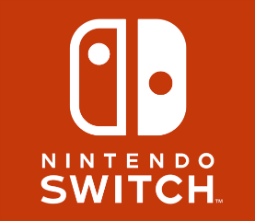 At the start of the year the infamous hacking group Team Xecutor
At the start of the year the infamous hacking group Team Xecutor 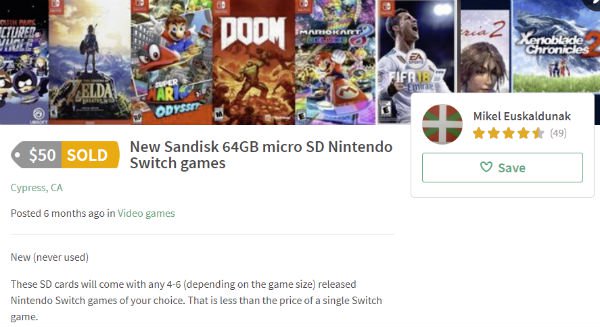


 This week we have two newcomers in our chart.
This week we have two newcomers in our chart. Four years ago, copyright indistry groups and Internet providers
Four years ago, copyright indistry groups and Internet providers  Last weekend we
Last weekend we 